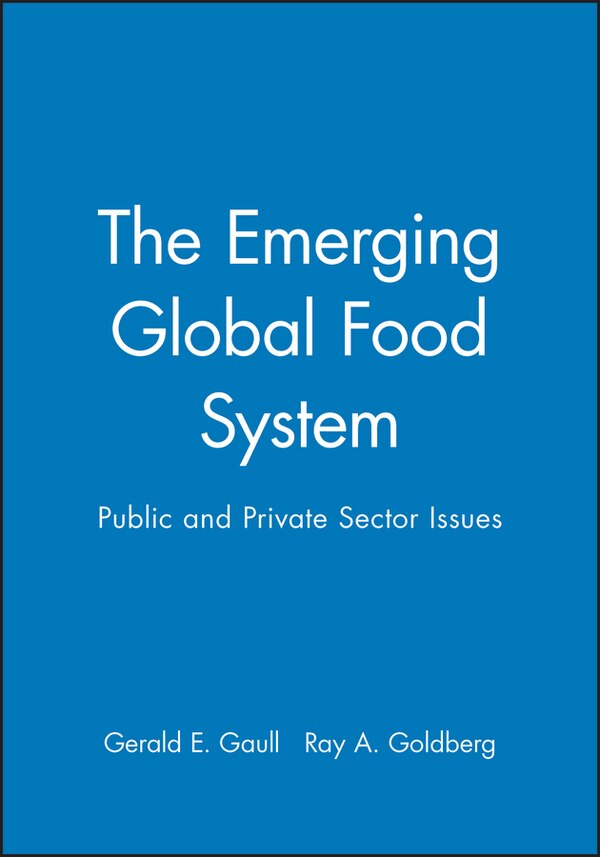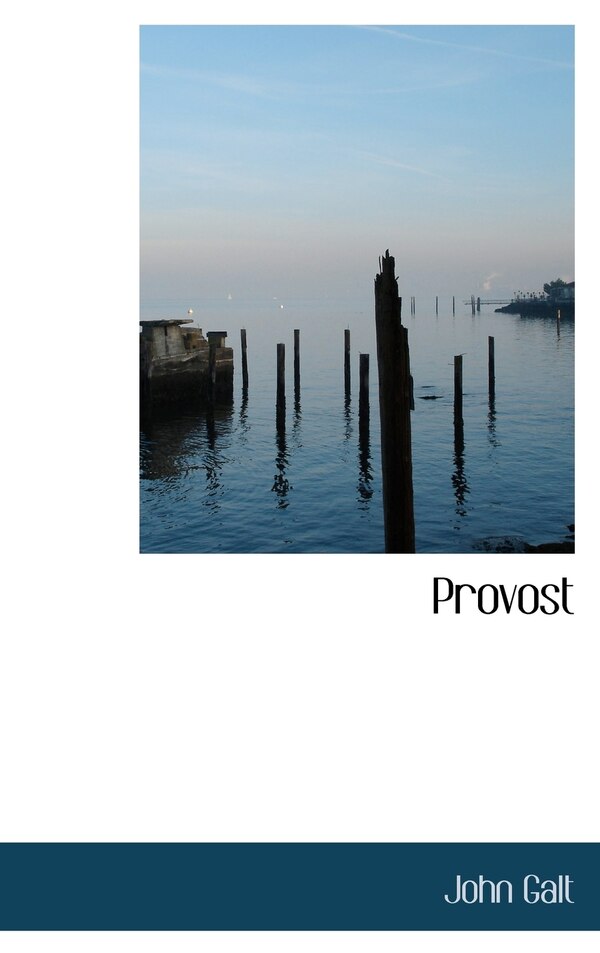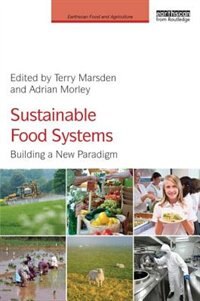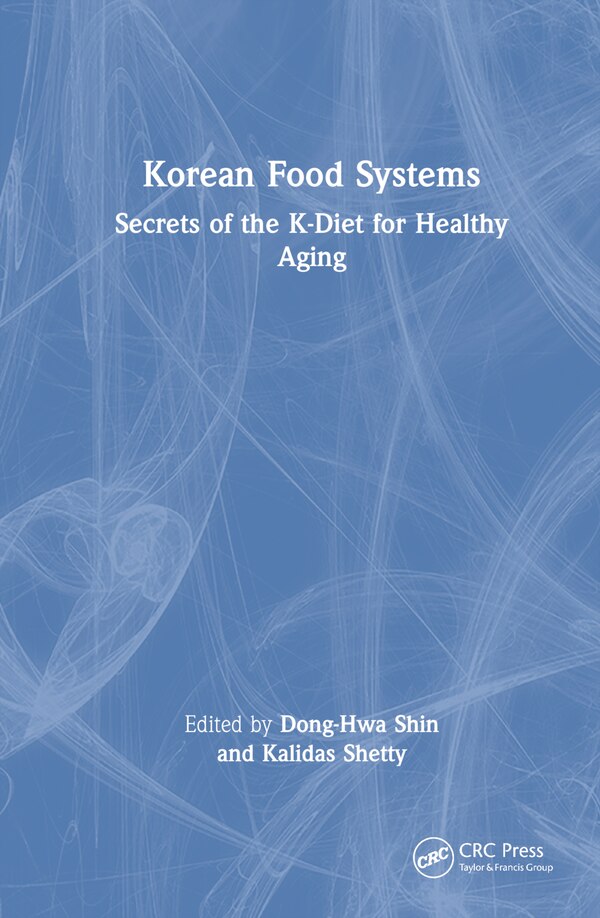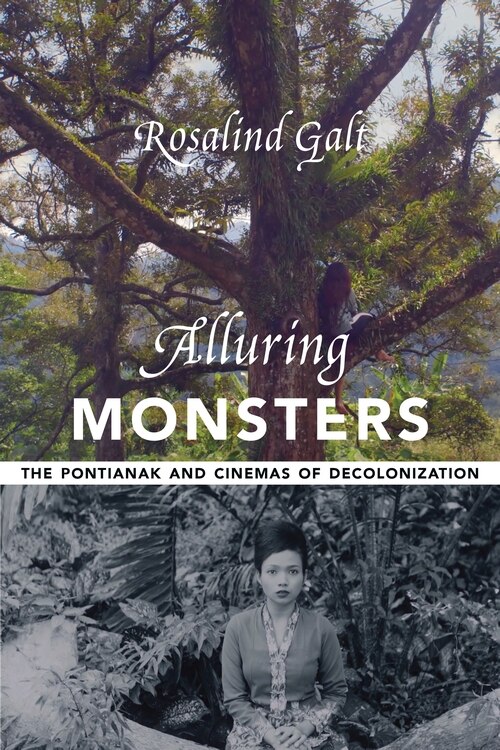Home
Food Systems in an Unequal World by Ryan E. Galt, Hardcover | Indigo Chapters
Loading Inventory...
Indigo
Food Systems in an Unequal World by Ryan E. Galt, Hardcover | Indigo Chapters
From Ryan E. Galt
Current price: $68.95
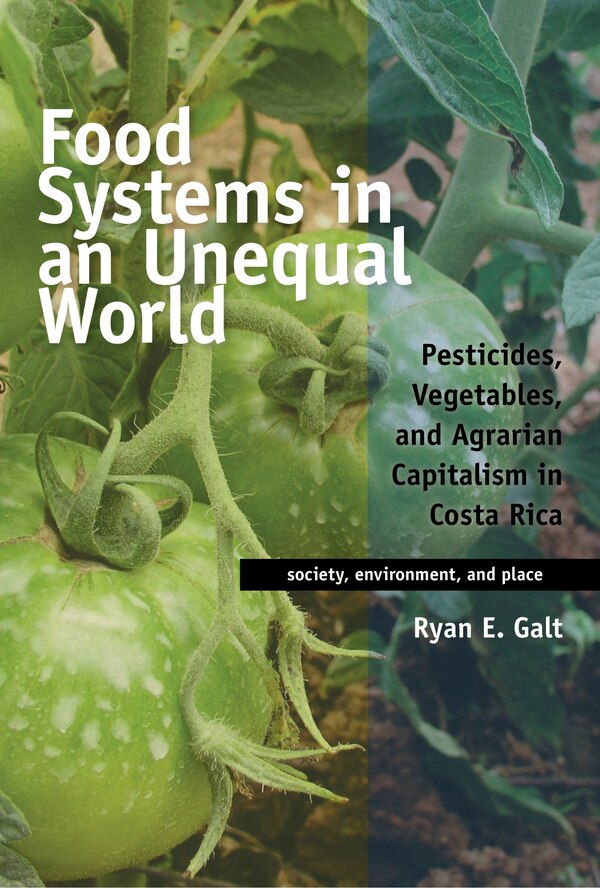

Indigo
Food Systems in an Unequal World by Ryan E. Galt, Hardcover | Indigo Chapters
From Ryan E. Galt
Current price: $68.95
Loading Inventory...
Size: 1.04 x 9.28 x 540
*Product information may vary - to confirm product availability, pricing, shipping and return information please contact Indigo
Pesticides, a short-term aid for farmers, can often be harmful, undermining the long-term health of agriculture, ecosystems, and people. The United States and other industrialized countries import food from Costa Rica and other regions. To safeguard the public health, importers now regulate the level and types of pesticides used in the exporters’ food production, which creates “regulatory risk" for the export farmers. Although farmers respond to export regulations by trying to avoid illegal pesticide residues, the food produced for their domestic market lacks similar regulation, creating a double standard of pesticide use. Food Systems in an Unequal World examines the agrochemical-dependent agriculture of Costa Rica and how its uneven regulation in export versus domestic markets affects Costa Rican vegetable farmers. Examining pesticide-dependent vegetable production within two food systems, the author shows that pesticide use is shaped by three main forces: agrarian capitalism, the governance of food systems throughout the commodity chain, and ecological dynamics driving local food production. Those processes produce unequal outcomes that disadvantage less powerful producers who have more limited choices than larger farmers, who usually have access to better growing environments and thereby can reduce pesticide use and production costs. Despite the rise of alternative food networks, Galt says, persistent problems remain in the conventional food system, including widespread and intensive pesticide use. Facing domestic price squeezes, vegetable farmers in Costa Rica are more likely to supply the national market with produce containing residues of highly toxic pesticides, while using less toxic pesticides on exported vegetables. In seeking solutions, Galt argues for improved governance and research into alternative pest control but emphasizes that the process must be rooted in farmers’ economic well-being. | Food Systems in an Unequal World by Ryan E. Galt, Hardcover | Indigo Chapters

